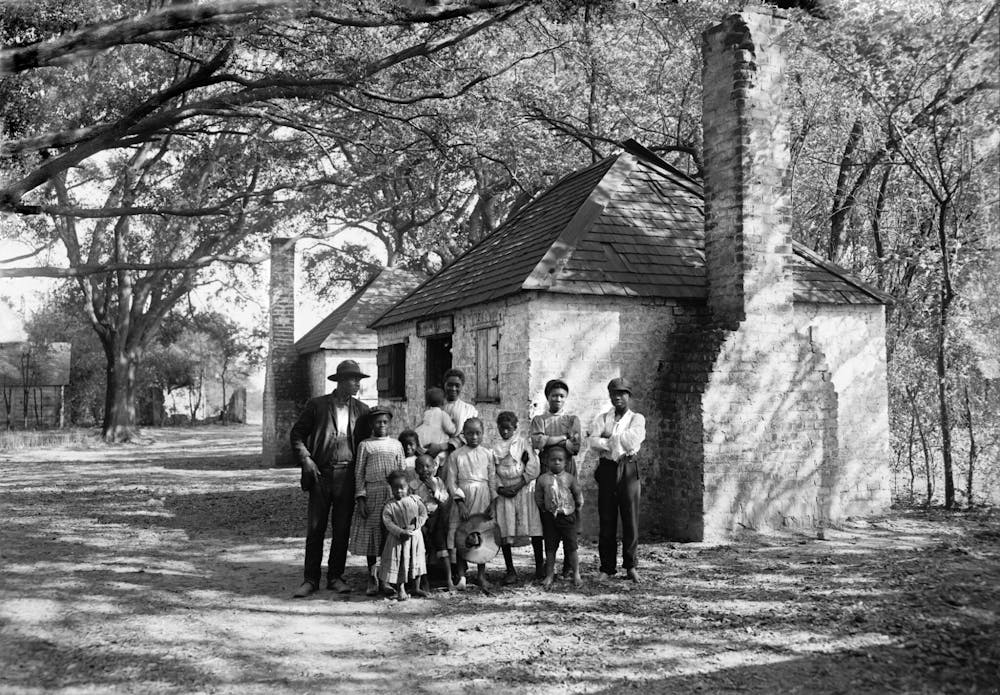Many components of Black American culture make it unique. Beyond music and fashion, tradition is embedded into the structure of Black households. From gender roles to kitchen etiquette, these traditions originate from the days of slavery.
Stop wasting my paper towels.
Growing up in a Black home, this is a phrase your mother has likely said to you. On Twitter, Black users commonly bond over jokes pertaining to this type of common language in Black home, paper towels being just one of many topics.
Although it's entertaining to bond over the commonalities we observe in Black households, there is a history behind these jokes.
Black moms gatekeeping paper towels is actually a reflection of sustainability.
During times of slavery, slaves were given rations of food items to eat. Most of the time, these were leftovers from the meals of the slave master’s families, just enough for survival. This pattern of being mindful of food and supply usage is a transgenerational remnant of our ancestors’ enslavement.
Outside of the connection and history behind rationing for survival, food plays a large role in the social aspect of how Black households function. For senior Daija Middlebrook, food is used as a celebratory tool in her home.
“Anytime anybody comes over my mom is like, ‘I’ll cook, I’ll cook’ and then as soon as she makes the food and everybody sits down, she sits there and not in an awkward way, but everybody looks at her while she looks at that person who is about to eat,” Middlebrook said. “We know why she’s looking at them, but it's just this unspoken thing in our house. You have to eat my moms food and she’s going to wait until you say something about it to validate that the food is good.”
This desire to please one’s guests derives from the southern hospitality slaves gained from being trained to serve visitors of the plantation they worked on. Sharing food gave Black people the opportunity to talk to one another about their experiences, food historian Donna Battle Pierce told “Yes Magazine”. Sharing food is an opportunity to talk and share experiences with one another.
“So don’t tell her you’re not hungry because she’s already made you a plate,” Middlebrook said.“It’s just a tradition that you eat mom's food when you come over.”
Aside from food, sophomore Jada Marshall said she can vividly remember what Sundays looked for her family and how it ties into their Blackness.
Sundays were the only days slaves had time to socialize through church services. However, these times for socializing were dependent on the will of the plantations owners. A typical day after morning church affairs consisted of cleaning and organizing to reset and prepare for the coming week’s workload ahead.
“On Sundays when you hear that music, you know it’s cleaning time,” Marshall said. “Your mom doesn’t even have to say anything. You hear that R&B and soul and you just get up and get to it.”
As a people, we were stripped of our languages and ripped from our families but we still find a way to make light of the past. Bonding on social media with funny jokes of our unbreakable and rich culture rooted in a ugly past is just one example of the beauty in Blackness.






